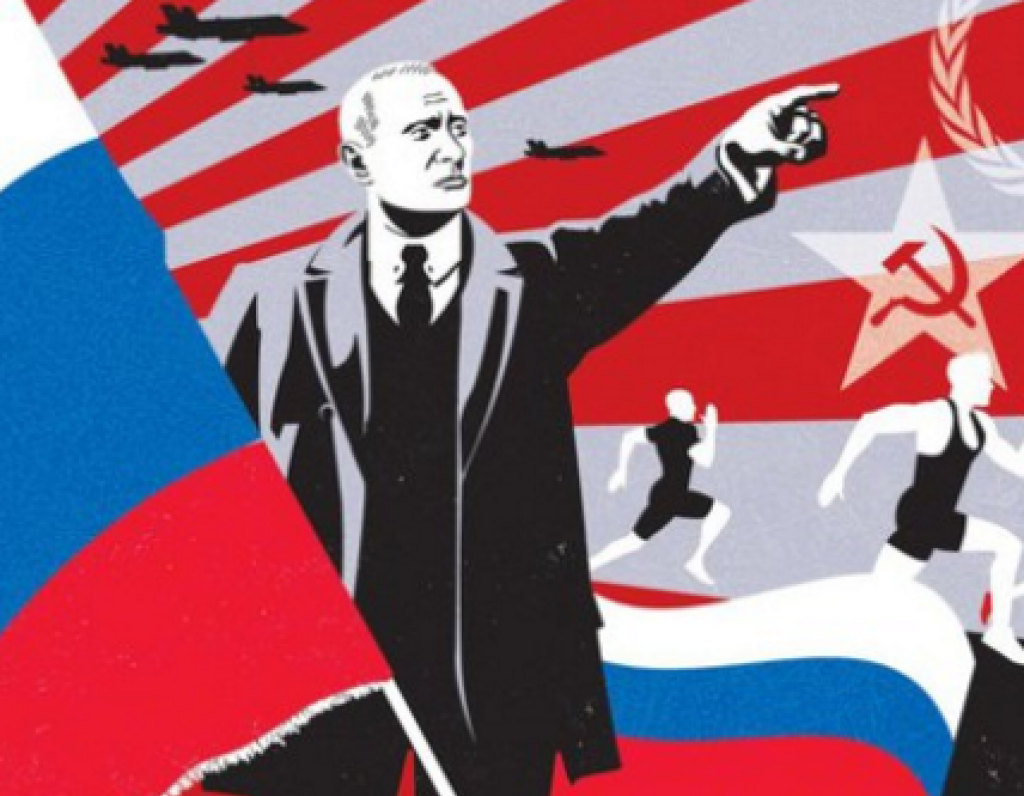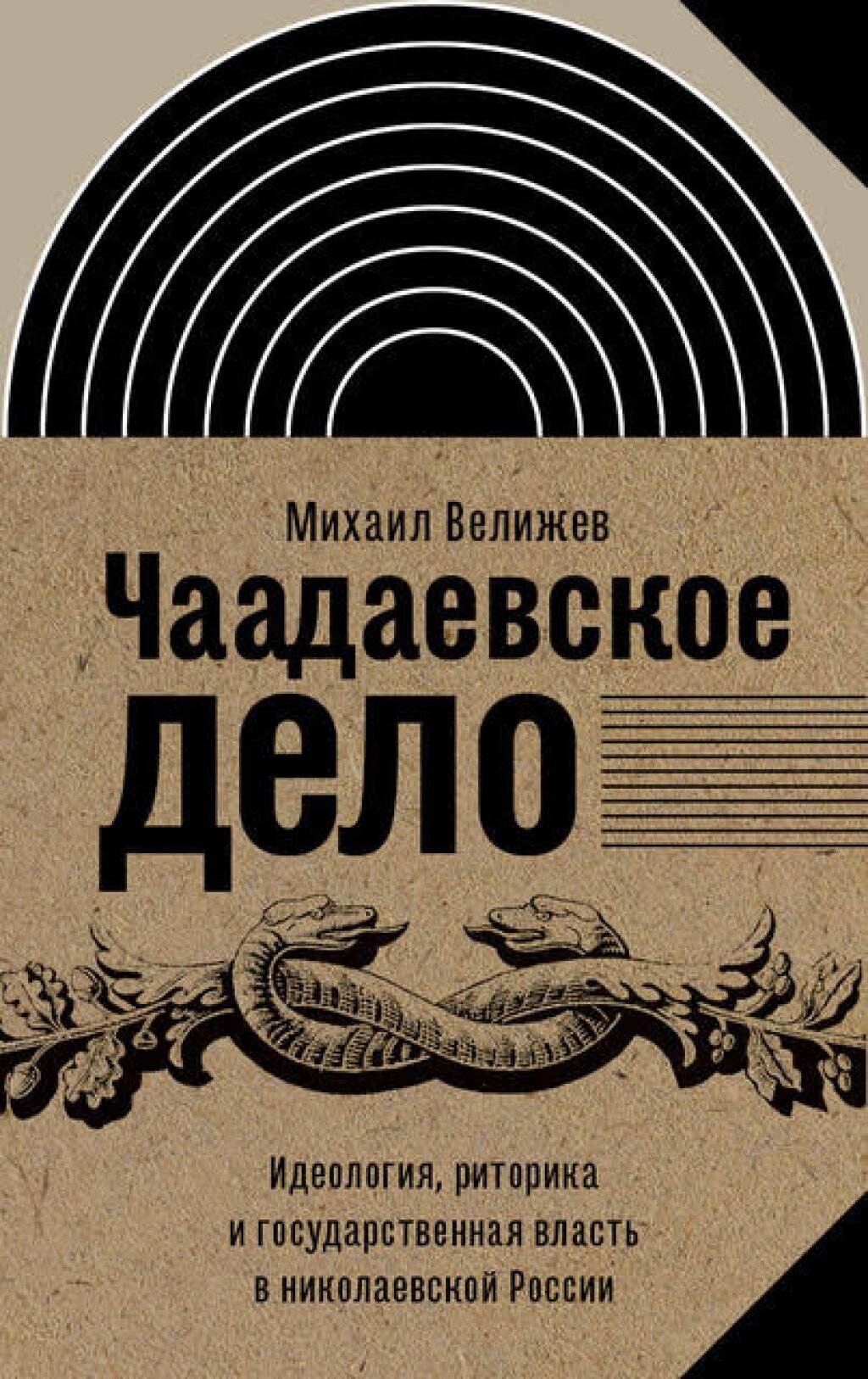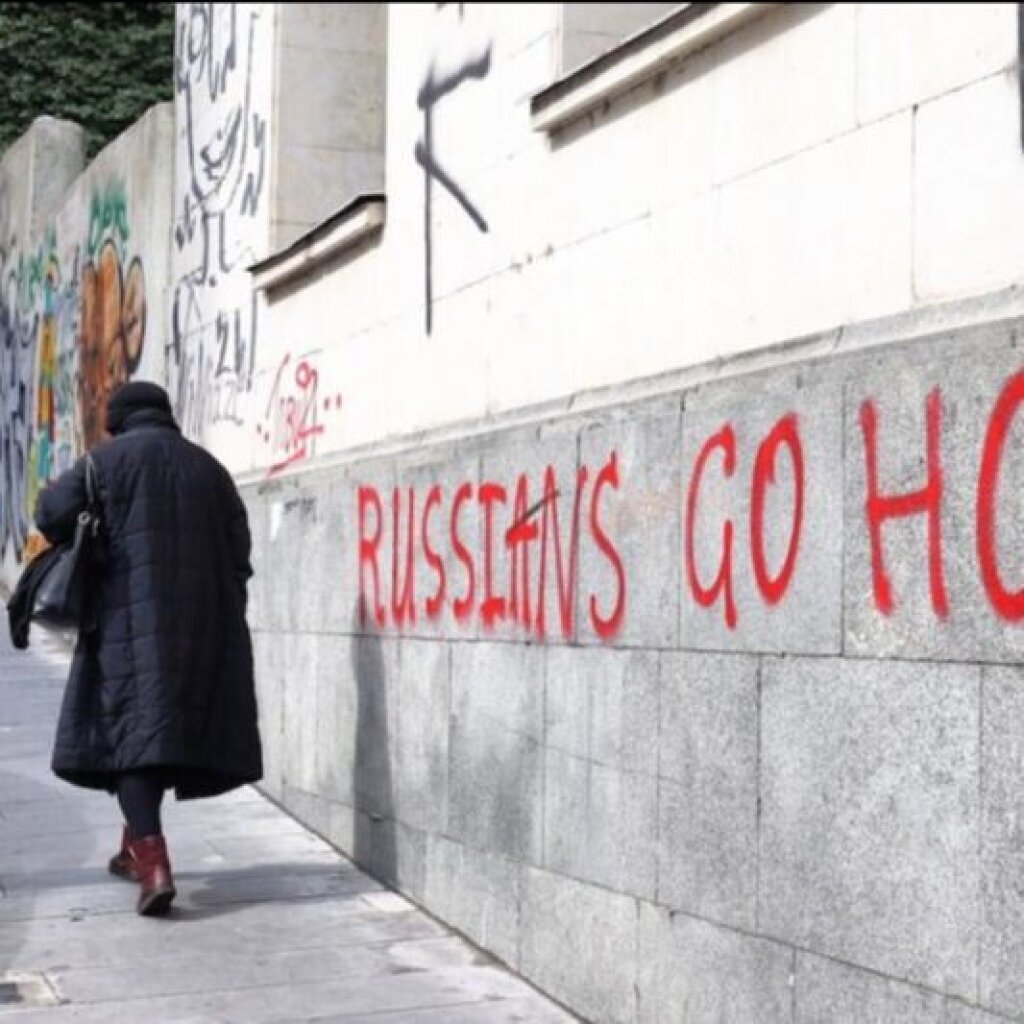On September 29th, 2017 please join us for a lecture entitled "Putin's politics and collective memories in Russia (2013-2015)" by Julia Sweet, PhD Candidate at Rutgers University. The event is part of the Occasional series, sponsored by the Jordan Center for the Advanced Study of Russia.
This study analyzes the political manipulations of Vladimir Putin’s regime using the collective memory of World War II to undermine protest potential within Russian society in 2013–2015. In light of the unfolding Ukrainian protests against former President Viktor Yanukovych’s rule, Putin’s government has launched a massive propaganda campaign presenting the Ukrainian political resistance as a neofascist initiative. Given the close relationship between Russia and Ukraine and Putin’s low rating at the beginning of 2013, the political changes in Ukraine could provoke a similar public response and inspire anti-Putin insurgencies. The Russian media has established a strong correlation between fascist war crimes committed during World War II and the activities of protesters, thus trying to manipulate the Russian collective memory. Emphasizing the negative experience while repressing positive memories, media outlets have selectively presented historical events and facts in order to establish a negative image of the situation in modern Ukraine. Whereas propaganda associates Putin with war winners and the Soviet legacy, Ukrainian protesters are depicted as the ancestors of the defeated Nazi regime.
Julia Sweet
is currently a Ph.D. Candidate in the Division of Global Affairs at Rutgers, the State University of New Jersey. Her interests focus on the Post-Soviet region and the modern political situation in this area: the post-Soviet authoritarian regimes, the coexistence of religion and new regimes, terrorism and national security, media and extremist propaganda. Her dissertation aims to analyze the radical segment of the Russian cyberspace in order to define its visual representation, symbolic culture, the content of terrorist forums, strategic targets, and a set of crucial issues discussed on the Internet by radicals.



